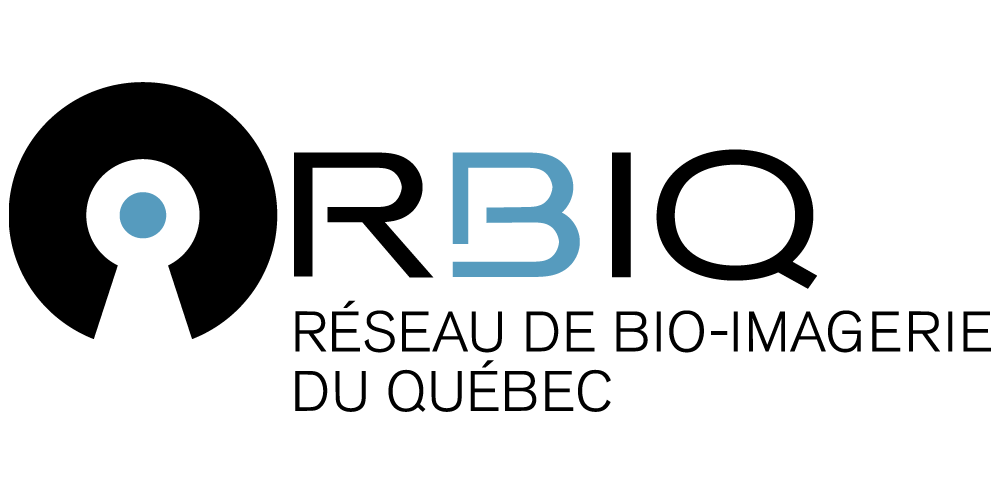Par Estrid Jakobsen / 2020-05-25
Cet article est en anglais
There is a growing movement in the scientific community known as open science that aims to make scientific research fully transparent, reproducible, collaborative, and accessible to all people at all levels of society. But isn’t that already how science works?, you may ask. While the detailed answer depends on which field of research you focus on, for biomedical science the answer is mostly no. Although the principles of open science may seem intuitive and fundamental, the health sciences lag far behind other scientific disciplines in implementing them. This is not because the scientists don’t see the importance of open science, but rather because of many complex incentive structures that work against it. But in the light of the COVID-19 pandemic, the importance of open science is clearer than ever, and its feasibility is undeniable. As if by magic, scientists and governments have quickly overcome many of the usual barriers to open science, forcing incentives to align with social benefit, and demonstrating that not only is it possible, but also necessary to do so when faced with a global health crisis of this magnitude. Science is the clear protagonist of this chapter of history, and its openness is essential.
Although previous pandemics have also inspired unprecedented international collaboration, never before have this many researchers across the globe worked together towards one common goal with as many resources and information-sharing technologies at their disposal. Compared with other epidemics that have occurred in our lifetimes, it is much harder to psychologically distance ourselves from this virus – it feels as though it is everywhere, affecting everyone, including the people we know and love. As a result of this reality, scientific processes that normally take months have been completed in days.
Since the standard implementation of the peer-review model – the process by which scientific results are vetted by academic peers – science has been largely ruled by credit and prestige acquired almost exclusively by publishing research results in so-called “high-impact” scientific journals. Scientists need publications to get grants and tenure, but traditional academic publications take months to go through journal submission, review, and formatting. Right now, we simply don’t have that kind of time.

